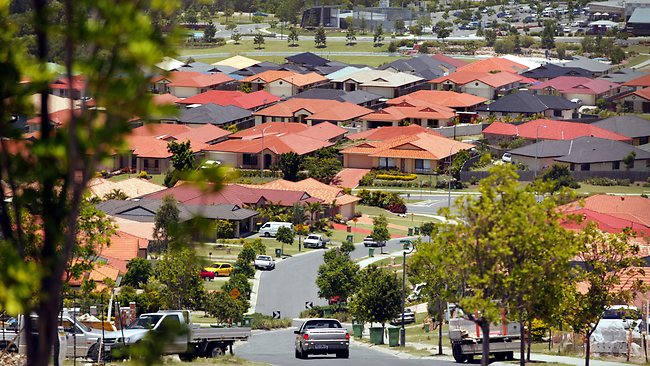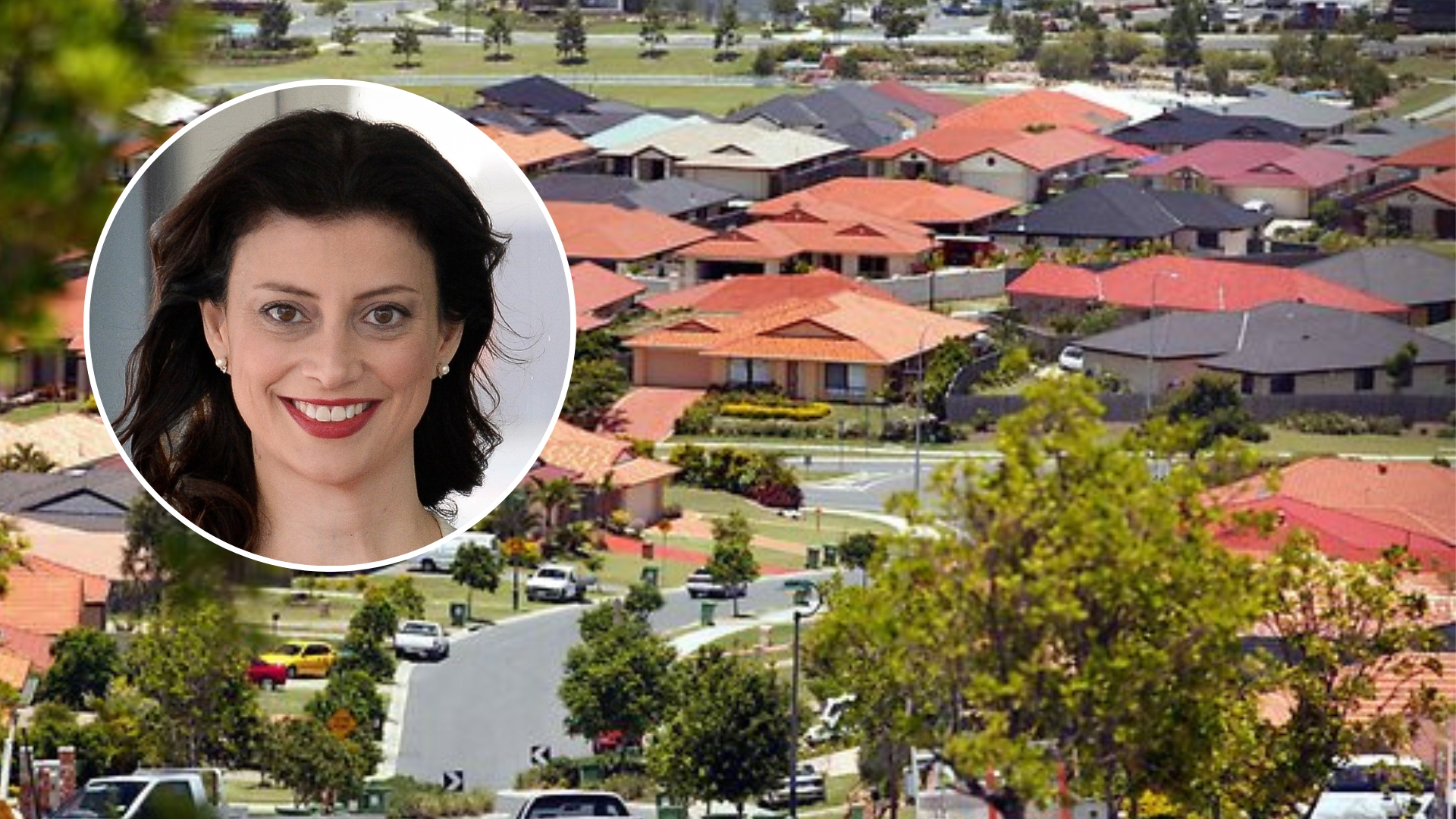Minister for Consumer and Business Affairs, Andrea Michaels MP, has announced rent bidding will be illegal in South Australia from today, September 1 2023, with fines of up to $20,000 for landlords or agents caught soliciting a higher rental bid.
The Labor Government has banned the unfair practice as part of a series of reforms addressing rental affordability and improving rights for tenants.
Michaels MP said in a statement, “Creating a bidding war is completely unfair to tenants who are struggling to secure a rental home and wastes their time.”
Adelaide’s median rent is now $540 per week for houses and the vacancy rate is amongst the lowest in the nation at below 1 per cent. The low vacancy rate has encouraged ‘rent bidding’ where tenants are encouraged to offer above the advertised price to secure the property.
“In the current market, people are going to look at 50 or more homes and they have the right to know that the price that property is advertised for, is the price it will be leased for,” Michaels MP explains.
Six months ago, tenant, Ariba Siddiqi, joined Minister Andrea Michaels to announce the intention to ban rent bidding in SA.
“I’m so impressed that they have acted so quickly to bring this law into effect.
Mrs Siddiqi xperienced firsthand the frustrations of trying to find a rental in SA after moving with her husband from Victoria in 2021.

“I often missed out on securing a property because other tenants were encouraged to offer more rent when they submitted their application. It creates unfair advantage, and wastes tenant’s time, especially when they have to take time out of work hours to visit a place for inspection,” Mrs Siddiqi said.
Michaels MP added, “I have heard from so many tenants like Ariba who have experienced this and now anyone subjected to an attempt to solicit rent bidding can report it to Consumer and Business Services.”
What is in effect as of September 1 2023:
Landlords or agents must now advertise premises at a fixed amount and must not solicit or otherwise invite an offer for higher rent. This means landlords are no longer able to advertise properties with a rent range, put properties up for rent auction, or solicit offers over the advertised rental price.
Additionally, where a third party is facilitating tenancy applications, any rating or assessment of a prospective tenant must not be based on an offer of higher rent.
A penalty of up to $20,000 will apply.
This significant reform brings South Australia in line with other Australian jurisdictions.
The Labor Government continues to act decisively to address the housing crisis with this ban following our move to raise the bond threshold from $250 to $800 – meaning the majority of tenants only have to pay a four-week bond now instead of six.
Targeted consultation is also underway on a range of amendments to the Residential Tenancies Act including to prevent landlords unreasonably refusing a tenant’s request for a pet. The amendment would allow landlords to set reasonable conditions on the keeping of the pet.
The amendments also include increasing the minimum notice to end a tenancy from 28 days to 60 days and ending ‘no cause’ evictions.
We want tenants to feel more secure in their rental home and have more time to secure a new property and make the necessary arrangements to move when required.
“The Malinauskas Government will continue to act decisively to make the system fairer for tenants,” Michaels MP concludes.
